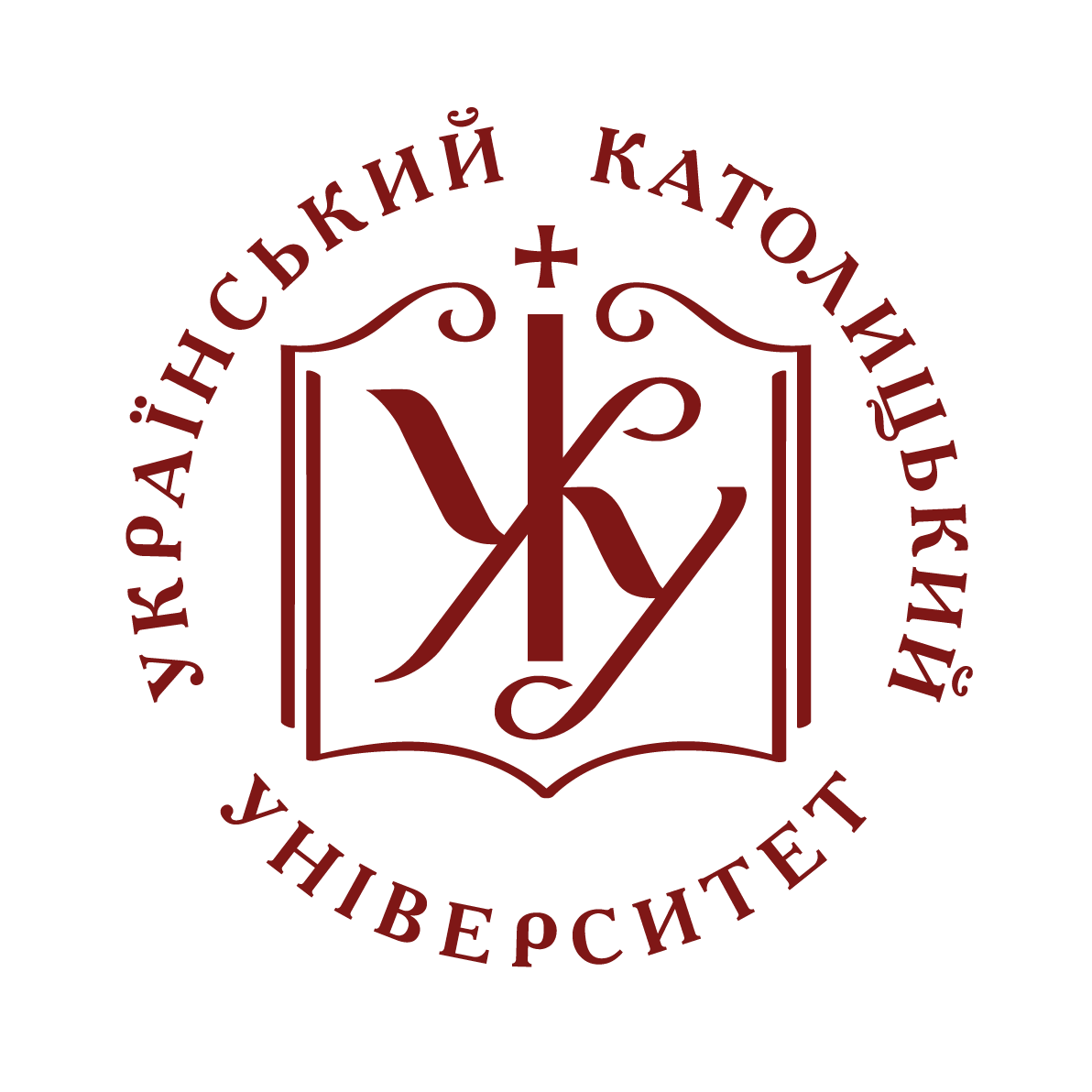- Домівка
- →
- Faculty of Philosophy and Theology | Філософсько-богословський факультет
- →
- Кафедра філософії
- →
- Статті
- →
- Перегляд матеріалів
Сценарії JavaScript вимкнено для Вашого браузера. Деякі функції цього сайту не будуть працювати без них.
Показати скорочений опис матеріалу
| dc.contributor.author | Біла, Орися
|
|
| dc.contributor.author | Bila, Orysya
|
|
| dc.date.accessioned | 2016-02-15T01:52:56Z | |
| dc.date.available | 2016-02-15T01:52:56Z | |
| dc.date.issued | 2013 | |
| dc.identifier.citation | Біла О. І. Генеалогія історії від Ф. Ніцше до М. Фуко / Орися Біла // Вісник ДНУ. Серія «Філософія. Соціологія. Політологія». – 2013. – № 23 (4) (9/2, T. 21). – С. 134-139. | uk |
| dc.identifier.uri | http://er.ucu.edu.ua/handle/1/607 | |
| dc.description.abstract | Розглядається питання концептуальної спорідненості генеалогії Фрідріха Ніцше з генеалогічним проектом Мішеля Фуко. Розкрито антиісторицистські тенденції, спільні для обох філософів, їх критичну настанову щодо принципів традиційного історіописання. Спираючись на методологічні роздуми, запропоновані Фуко в есе «Ніцше, генеалогія, історія» і вступі до праці «Наглядати й карати», авторка виділяє основоположні принципи генеалогічного проекту та формулює визначення генеалогії як критики, спрямованої на вияснення питань історичної причиновості. Заторкнуто політичний аспект генеалогії, що має важливе прикладне значення для сучасної практичної філософії. | uk |
| dc.language.iso | uk | uk |
| dc.subject | genealogy of morals | uk |
| dc.subject | genealogy of history | uk |
| dc.subject | historicism | uk |
| dc.subject | M. Foucault | uk |
| dc.subject | F. Nietzsche | uk |
| dc.subject | power/ knowledge | uk |
| dc.subject | генеалогія історії | uk |
| dc.subject | історицизм | uk |
| dc.subject | М. Фуко | uk |
| dc.subject | Ф. Ніцще | uk |
| dc.subject | генеалогія моралі | uk |
| dc.subject | влада/знання | uk |
| dc.title | Генеалогія історії від Ф. Ніцше до М. Фуко | uk |
| dc.type | Article | uk |
| dc.status | Опублікований і розповсюджений раніше | uk |
| dc.subject.udc | 930.1:141.78 (Фуко) | |
| dc.description.abstracten | The article discusses the fundamental principles and methodological similarities of Michel Foucault’s genealogical approach with the genealogical critique of Friedrich Nietzsche. The antihistoricist views shared by both philosophers made Foucault address Nietzsche’s texts in pursuit of the methodological strategy that would add to his archeological method a lacking theory of causality. The principles of the genealogical approach are to be found in three works: “Nietzsche, Genealogy, History”, “The Order of Discourse”, and introductory notes to “Discipline and Punish”. In this article we discuss only two of them (the first and last texts), since the primary object of our interest is the intellectual heredity of Nietzsche’s concept in Foucault’s philosophy. Although, it is often argued that Foucault’s understanding of history is radically relativistic, we believe that his project was misinterpreted in regard to what it means for the contemporary practices of history. Foucault considered himself a critical intellectual aiming at liberating his contemporaries of the restraints imposed on them by the existing discourses. His primary target was the modern truth production “industry” of the Western world. The genealogical method pointing to the multiple petty beginning of the things changed the perspective on what the historical identity is all about. In the contemporary situation of the post-colonial, post-Soviet Ukraine when it struggles for producing a proper image of itself and its history, Foucault’s genealogy might provide a suitable methodological solution for developing identity strategies. Foucault’s emphasis on the role of critical intellectuals has also to remind us about our own roles in the present situation when it seems that philosophy has nothing to say anymore. | uk |
| dc.relation.source | Вісник ДНУ. Серія «Філософія. Соціологія. Політологія» | uk |
Долучені файли
Даний матеріал зустрічається у наступних зібраннях
-
Статті [64]
Articles


